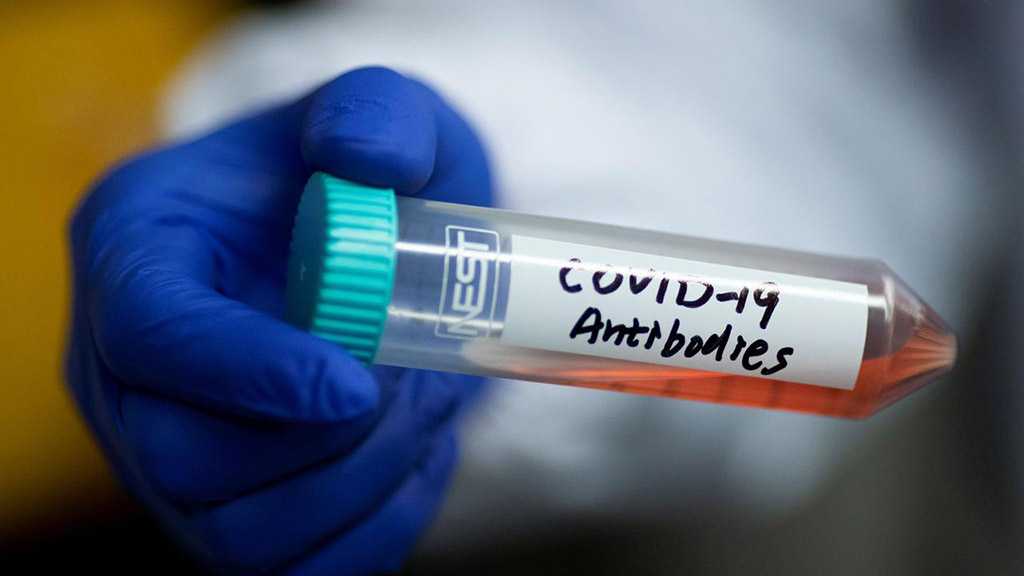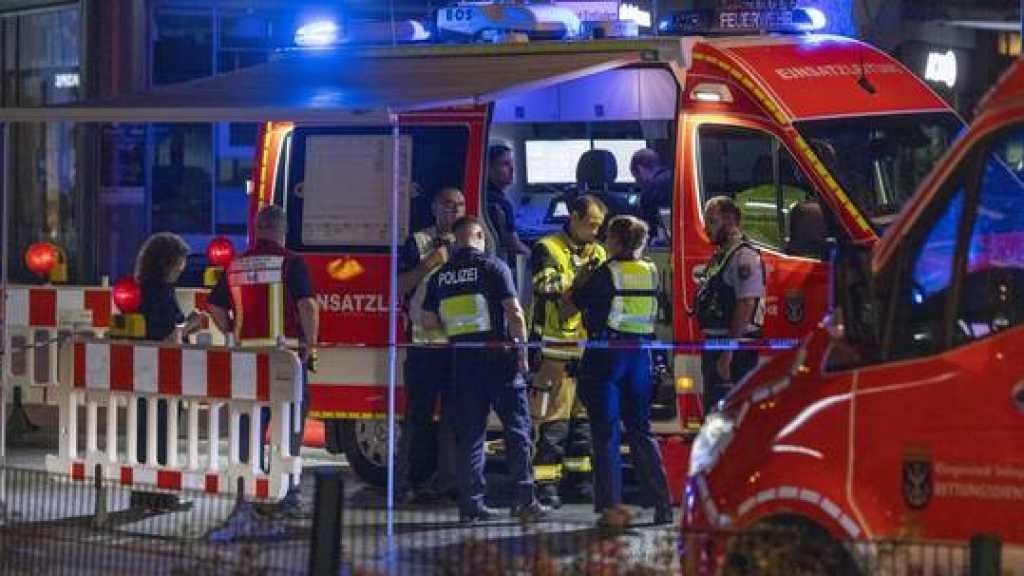
German Scientists Created, Sampled Artificial COVID-19 Antibodies

By Staff, Sputnik
A team of researchers from Germany has found an antibody that blocks the SARS coronavirus-2 and thus prevents infection. The product would be particularly suitable for severe forms of the disease, but also prevention in risk groups. However, to ensure a safe effect, further research is required to discover other such antibodies.
Modern immunology began in 1890 with the observation of the German researcher Emil von Behring, among others, that the blood of living beings that have survived an infection, after transmission to other living beings, can suppress the same infection. However, the mechanism behind this serotherapy was not known at the time because there were no technical means to consider the responsible substances, nor was their origin in the body clarified.
Today, they are thoroughly studied and are called “antibodies”. It is known that so-called B-cells of the immune system produce them en masse after they have recognized a pathogen in the body. It is also known that they are effective against viruses because they block precisely those parts of the virus envelope through which the virus can penetrate a host’s cell and multiply in it. However, this recognition and triggering of the defense reaction are not always fast enough, which occasionally leads to severe disease progressions, which are currently also observed in Covid-19, and which can quickly become fatal, particularly in high-risk patients.
At this stage, but also for preventive purposes, the introduced antibodies take over the role of the “unheated” immune system, limit the spread of viruses and thus reduce symptoms. The treatment that works according to this pattern is called immunotherapy. In recent days, there have been reports of its efficacy from Israel, the Netherlands, and now from Germany – those antibodies that managed to keep SARS-Cov-2 from penetrating cells.
“There are many different methods for artificially creating antibodies. But the biggest challenge is to find the ones that do neutralise the virus”, the expert says.
The biotechnology company Yumab and the Technical University of Braunschweig had produced about 6000 such antibodies for the research team, which were tested to see whether they would bind to the spike protein through which the virus enters somatic cells.
“But it is even more important that this protein is not only bound but that it can no longer penetrate the cells afterwards”, the researcher emphasizes.
“This is exactly the step we are testing here in Braunschweig in our safety level III laboratory. I do these experiments here myself. They are very simple in structure if you look at it in a simplified way: you take this antibody, mix it with the virus and then you put it on cells. If this mixture of antibodies and virus means that the cells can no longer be infected, that is a good sign. This is done in very many repetitions and with very many different antibodies, and the antibody-virus mixture is continuously observed in cell culture. And here we came to the conclusion that one of the antibodies tested so far stands out particularly in its effect. You can see that because the cells look as if they have never been infected”.
Not all antibodies have gone through this whole process – those that do not bind to the virus or bind poorly have been screened out in advance. According to Rand, "about a hundred" Y-proteins were studied in cell culture. It was among these antibodies that one was found to prevent the infection from spreading.
This is not the end of the researchers' work, as they are testing additional antibodies besides the 6000 that are in production.
“At the moment we hope to have five antibodies in the final selection round”, the Braunschweig scientist said naming their goal.
For effective therapy, it is important to administer not just one, but a cocktail of several antibodies at once, because in the meantime the virus itself has managed to divide into many mutated strains, which different antibodies can affect differently.
However, there is still a long way to go before immunotherapy is available because not only enough effective candidates have to be selected, but also clinical trials have to be carried out.

Germany Withdraws Troops from Niger
3 months ago
Three Dead after Stabbing Attack in Germany
3 months ago
